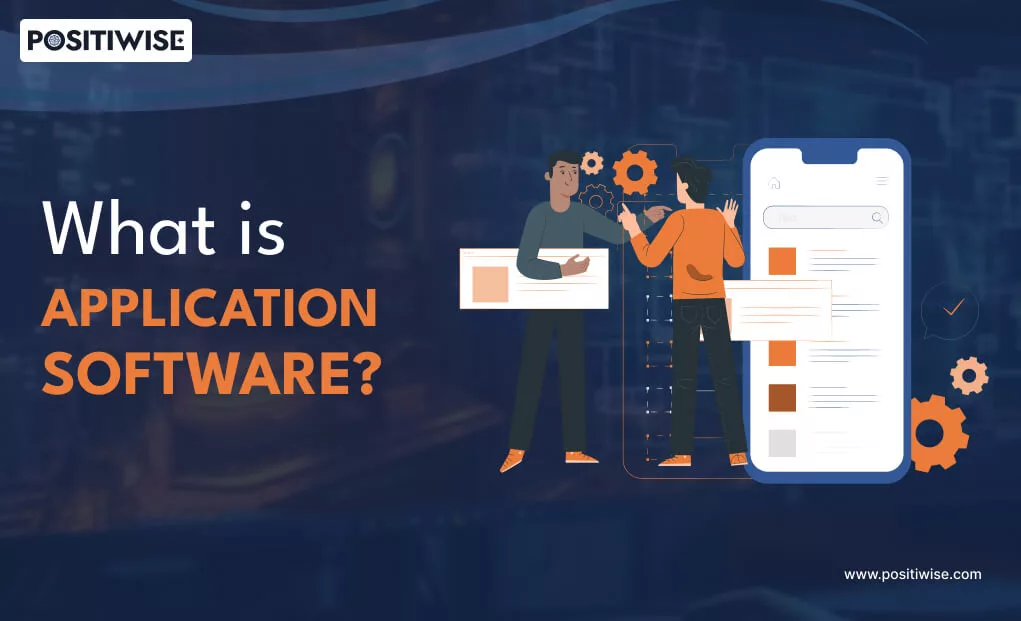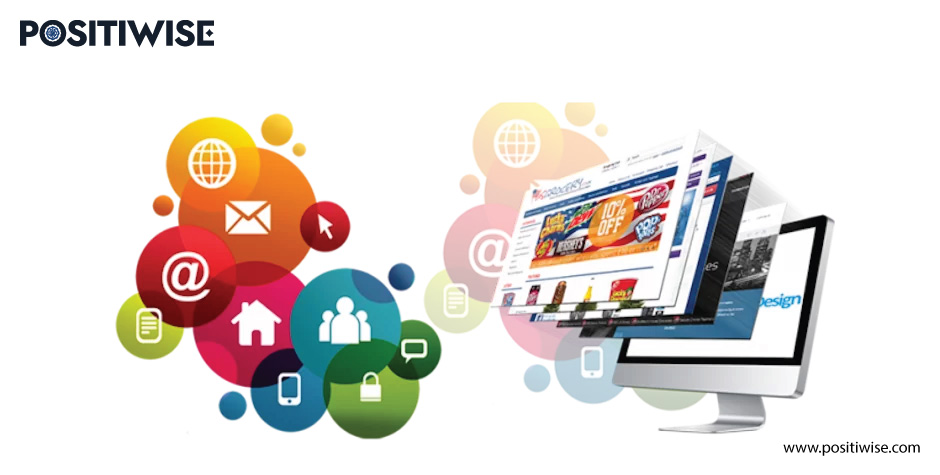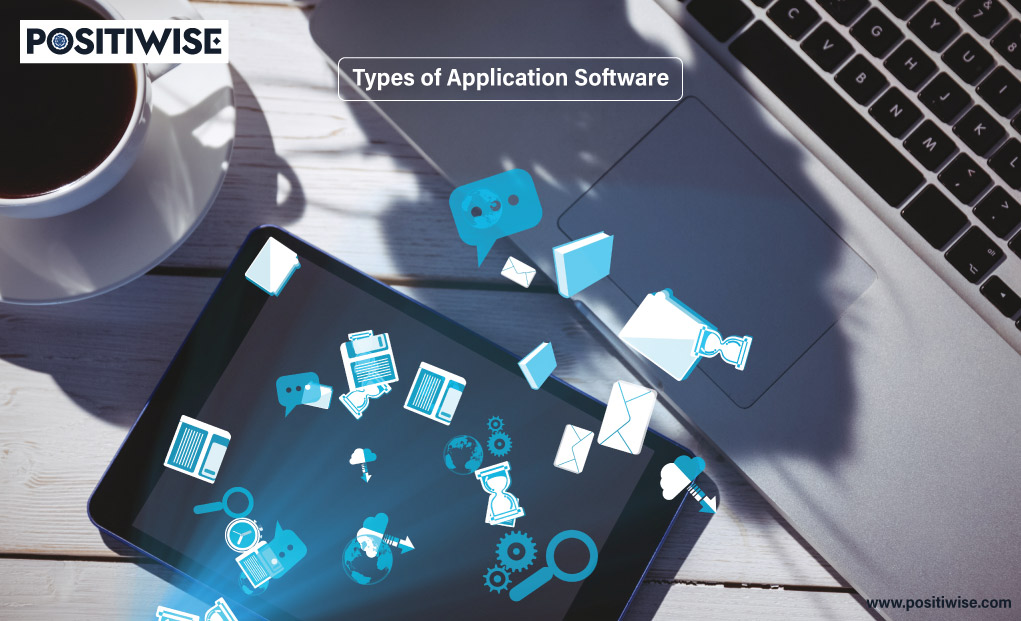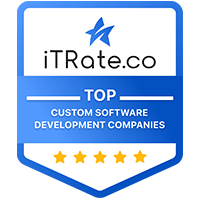Quick Overview:
The blog helps you discover a brief insight into application software and its types. Additionally, you will understand its pros and cons along with its differentiation from system software. Moreover, you’ll learn the factors to consider when selecting an application for professional or personal use.
What is the Definition of Application Software?
Nowadays, we are surrounded by application software that performs every primary and secondary task, whether it’s your workplace desktop or your mobile; applications are being used to access, process, and manage day-to-day tasks.
But what is the actual application? What are their pros and cons? How does it differ from system software?
Now, no more such questions, as here we have provided a complete brief of application software. So, let’s have a look at it.
Application Software: A Brief Insight
An application is a type of software that is mostly utilized by end-users to perform their professional, personal, educational, or any other tasks. All the application software comes with built-in features, such as a GUI or CLI interface, that aid in interaction with the operating system, hardware units, and external components to execute operations.
Whether it’s a desktop, a mobile, or any other digital device, every one of them has some application for end-users. The most common examples of applications are Microsoft Word, WhatsApp, Skype, JIRA, Instagram, and more.
Additionally, you need system software, such as Windows, macOS, Linux, or Unix OS, to run an application software. These operating systems help you install, manage, access, and update the applications. Also, they work as an intermediate between the applications and hardware components of the device.
In today’s era, the following are the top application models organizations prefer for business operations.
- Web Applications
- Mobile Applications
- Desktop Applications
- Progressive Web Applications
- Single-Page Applications
- Native and Hybrid Applications
Further, these models were selected to create word processing, presentation, spreadsheet, web browsers, graphics, and all software examples.
The Pros and Cons of an Application Software
Where application software provides immense advantages, it comes with some cons, too. So, let’s have a look at them.
Pros of Application Software
- Most application software lets users customize them according to their requirements, which eases operations, improves collaborations, and enhances productivity.
- Apps are now accessed over multiple devices, supporting the ability to perform any required action from anywhere and anytime. For instance, you can use MS Word on your desktop and your mobile, and by using a single account, files are also accessible across systems.
- Applications help to efficiently organize and process data. Apps such as database management systems and ERP systems help organizations in all significant data-oriented operations.
Cons of Application Software
- Applications can be expensive for the development team to update and maintain.
- If apps are not tested and updated according to the latest trends, security standards, and requirements, they can be exploited by an attacker.
How Does Application Software Differ from System Software?
To thoroughly understand application software, let’s have a look at the following differentiation.
| Basis | Application Software | System Software |
|---|---|---|
| Primary Purpose | It’s designed and developed to help users execute certain tasks, such as writing content, editing images, selling products, and more. | It works as a base for application software to get installed on a device. Also, it functions as a middleware in communication between the hardware and the applications. |
| Development Technology | High-level programming languages, development frameworks, libraries, and multiple third-party components are utilized. | Low-level programming language is mostly utilized, such as assembly code. |
| Startup | The user has to initiate the startup of application software once the system software is loaded after the device is switched on. | When the device is turned on, system software gets executed. |
| Requirement Criticality | An application requirement varies to the personal and professional needs of an individual and an organization. | System software is compulsory, as no app can be installed on the device without it. |
| Scope | It has limited scope, as it’s developed to achieve a single goal. | It has a wide scope, as it serves as a base for applications to run. |
The Factors To Consider While Choosing the Right Application Software
Whether you have to choose an application for a desktop, a mobile device, or for your professional or personal work, always consider the following factors.
1: Features
While choosing an application, always learn about its features. Also, cross-verify whether your requirements will be fulfilled with all of its functionalities. Also, check whether your system is fulfilling prerequisites to let the app run all its primary operations.
2: Authenticity
Always select an authentic application software that is code-signed and provided by a legally authorized entity. In addition, download the software from official sites, play stores, or application stores. If you download from a third-party website, there’s a high possibility of malware infection.
3: Price and Your Budget
Nowadays, every application has its alternative. You should check the annual pricing or subscription rate of the paid applications. If they fit within your budget, you should purchase them. Otherwise, you can look for an alternative within the lower bracket or free software.
For instance, to use MS Word, you have to buy a license from Microsoft. But, if you only want to write with minimal editing options, then you can freely use Google Sheets.
4: Data Security
Data security must be on your list when choosing any application. When you utilize authentic apps, they are duly tested and in compliance with security standards, helping to maintain data integrity.
The Software Examples You Should Know About
Here, we have listed the top 10 application softwares that are being used in an enterprise. Further, these can be web-based, single-page, desktop apps, mobile apps, or based on any other app software model.
- Word Processing Software
- Presentation Software
- Web Browser
- Graphics Software
- Multimedia Software
- Enterprise Resource Management Software
- Database Management Software
- Network Monitoring Software
- Games Software
- Simulation Software
Concluding Up
Application software is now used by everyone for their daily tasks. Apps require system software to be installed and to provide built-in features to end-users. Also, they help improve productivity, organize data, and streamline overall workflow. All the apps are based on significant models, such as some are web-based, desktop, mobile, or even hybrid. Therefore, application software is the primary component, supporting the ease of personal and professional tasks.
Expert in Marketing Strategy and Brand Recognition
Jemin Desai is Chief Marketing Officer at Positiwise Software Pvt Ltd, he is responsible for creating and accelerating the company’s marketing strategy and brand recognition across the globe. He has more than 20 years of experience in senior marketing roles at the Inc. 5000 Fastest-Growing Private Companies.






